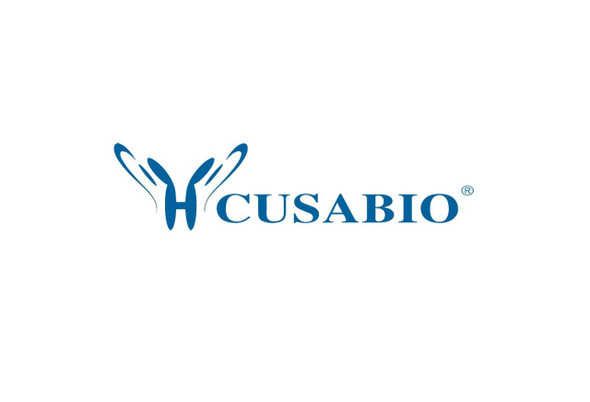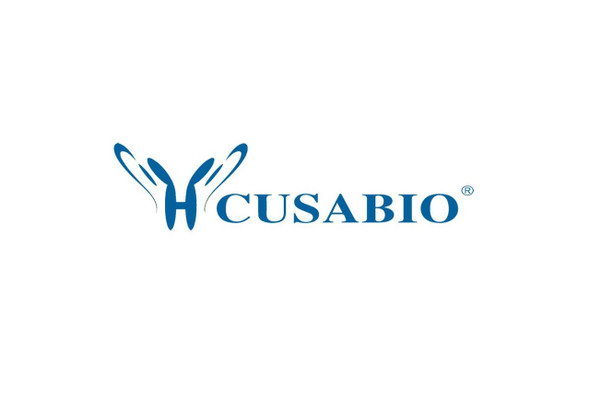Cusabio Active Proteins
Recombinant Human C-X-C motif chemokine 3 (CXCL3) (Active) | CSB-AP003551HU
- SKU:
- CSB-AP003551HU
- Availability:
- 5 to 10 Working Days
Description
Recombinant Human C-X-C motif chemokine 3 (CXCL3) (Active) | CSB-AP003551HU | Cusabio
Protein Description: Full Length of Mature Protein
Alternative Name (s) : C-X-C Motif Chemokine 3; GRO-Gamma (1-73) ; Growth-Regulated Protein Gamma; GRO-Gamma; Macrophage Inflammatory Protein 2-Beta; MIP2-Beta; GRO-Gamma (5-73) ; CXCL3; GRO3; GROG; SCYB3
Gene Names: CXCL3
Research Areas: Immunology
Species: Homo sapiens (Human)
Source: E.coli
Tag Info: N-terminal 6xHis-tagged
Expression Region: 35-107aa
Sequence Info: ASVVTELRCQCLQTLQGIHLKNIQSVNVRSPGPHCAQTEVIATLKNGKKACLNPASPMVQKIIEKILNKGSTN
Biological Activity: The ED50 as determined by its ability to activate chimeric receptor and induce reporter gene expression in HEK293 cell line used Splite TEV activity detection platform is typically 80 ng/mL.
MW: 10.1 kDa
Purity: Greater than 95% as determined by SDS-PAGE.
Endotoxin: Less than 1.0 EU/µg as determined by LAL method.
Relevance: C-X-C Motif Chemokine 3 (CXCL3) is a secreted protein that belongs to the intercrine alpha (chemokine CXC) family. CXCL3 controls the migration and adhesion of monocytes and mediates its effect on its target cell by interacting with a cell surface chemokine receptor called CXCR2. In addition, CXCL3 is thought to play a role in inflammation and exert its effects on endothelial cells in an autocrine fashion.
PubMed ID:
Notes: Repeated freezing and thawing is not recommended. Store working aliquots at 4℃ for up to one week.
Function: Ligand for CXCR2 (By similarity) . Has chemotactic activity for neutrophils. May play a role in inflammation and exert its effects on endothelial cells in an autocrine fashion. In vitro, the processed form GRO-gamma (5-73) shows a fivefold higher chemotactic activity for neutrophilic granulocytes.
Involvement in disease:
Subcellular Location: Secreted
Protein Families: Intercrine alpha (chemokine CxC) family
Tissue Specificity:
Paythway: Chemokinesignalingpathway
Form: Lyophilized powder
Buffer: Lyophilized from a 0.2 μm filtered 20 mM PB, 150 mM NaCl, pH 7.4
Reconstitution: We recommend that this vial be briefly centrifuged prior to opening to bring the contents to the bottom. Please reconstitute protein in deionized sterile water to a concentration of 0.1-1.0 mg/mL.We recommend to add 5-50% of glycerol (final concentration) and aliquot for long-term storage at -20℃/-80℃. Our default final concentration of glycerol is 50%. Customers could use it as reference.
Uniprot ID: P19876
Uniprot Entry Name:
HGNC Database Link: HGNC
UniGene Database Link: UniGene
KEGG Database Link: KEGG
STRING Database Link: STRING
OMIM Database Link: OMIM









